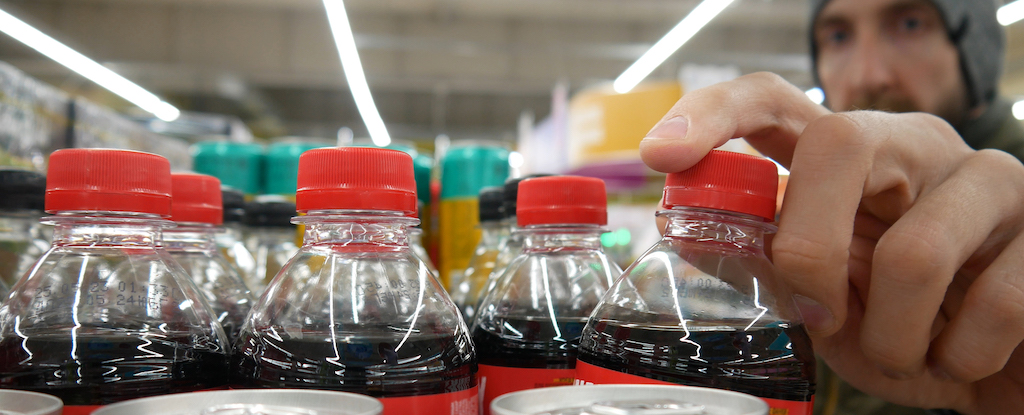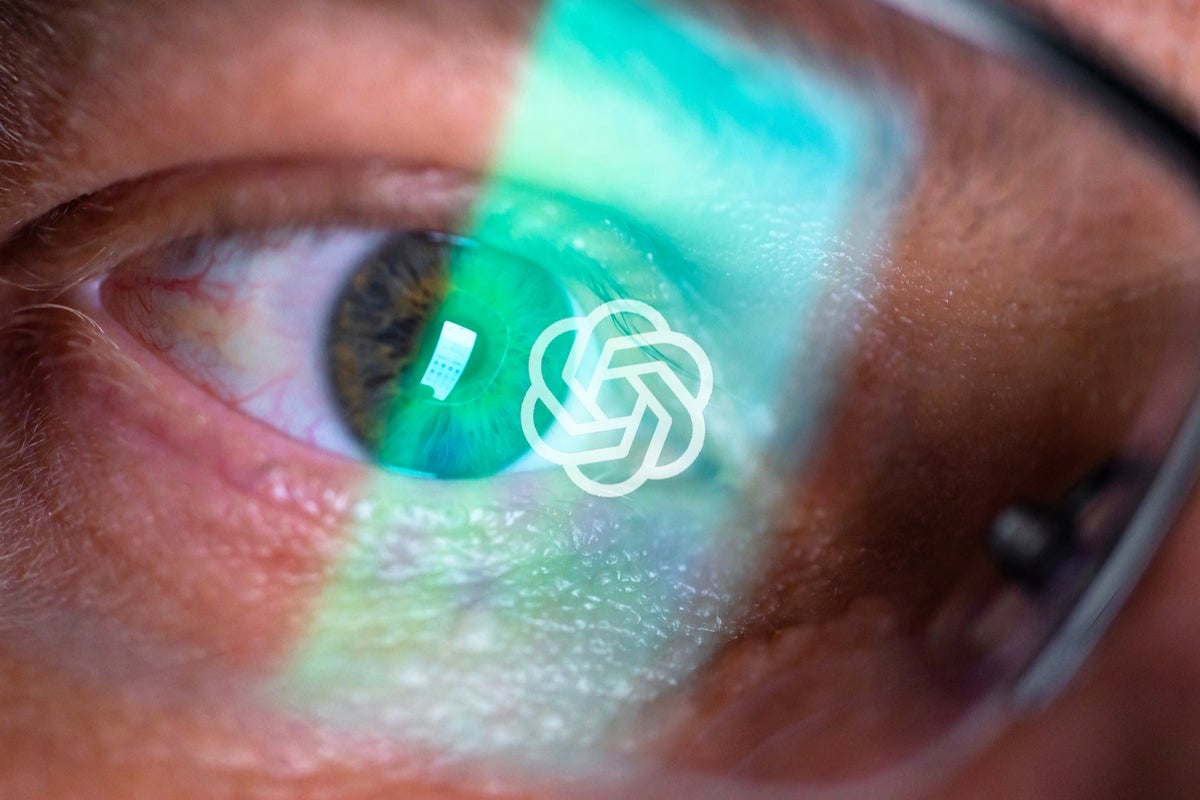T4K3.news
New study raises concerns about artificial sweeteners
Research from Monash University links diet soda to increased risk of type II diabetes.

RMIT University teamed up with Monash University for groundbreaking study.
Health risks rise as new research questions artificial sweeteners
A recent study from Monash University reports that drinking even one can of artificially-sweetened soft drink daily can significantly increase the risk of developing type II diabetes. The research indicated a nearly 40 percent increase in risk for those consuming these beverages. Over the course of nearly 14 years, the study followed over 36,000 individuals, revealing that even people at a healthy weight were still at risk. This research has prompted health professionals to reconsider the safety of artificial sweeteners, which are often marketed as healthier alternatives to sugary drinks. Despite their marketing, these sweeteners could potentially pose their own health threats.
Key Takeaways
"Artificial sweeteners may pose their own health risks."
Professor Barbora de Courten warns that sweeteners can be harmful, challenging their usual recommendations.
"The findings did not mean normal sugar drinks are suddenly any healthier."
Co-author Robel Hussen Kabthymer emphasizes that both sugar and sweeteners have risks.
This study adds to the ongoing concerns regarding artificial sweeteners, which have often been accepted as harmless substitutes. It raises the particular issue of how these sweeteners might affect gut health, which is still not well understood. The research also intersects with broader public health discussions, especially in Australia, where calls for a sugar tax are becoming louder as officials search for solutions to rising diabetes and obesity rates. Balancing public health needs with market pressures will likely drive future policy decisions.
Highlights
- Drinking one can of diet soda daily raises diabetes risk by 40 percent.
- Even healthy people are at risk from artificial sweeteners.
- This research brings sugar taxes back into discussion.
- Health experts advise caution on artificial sweeteners.
Possible public health backlash
The findings may lead to renewed calls for sugar taxation and health recommendations, which could meet resistance from beverage manufacturers and the public.
With growing medical evidence, the debate over sweeteners will continue to unfold in health policies and recommendations.
Enjoyed this? Let your friends know!
Related News

Erythritol Linked to Brain Barrier Damage

Diet drinks contain sweetener linked to stroke risk

Erythritol linked to higher stroke risk

Study reveals diet drinks raise diabetes risk by 40 percent
Coca-Cola announces cane sugar version

Coca-Cola Introduces Cane Sugar Version Amid Health Debate

Foods Linked to Worsening Inflammation Identified

Warning over sucralose impact on cancer treatments
